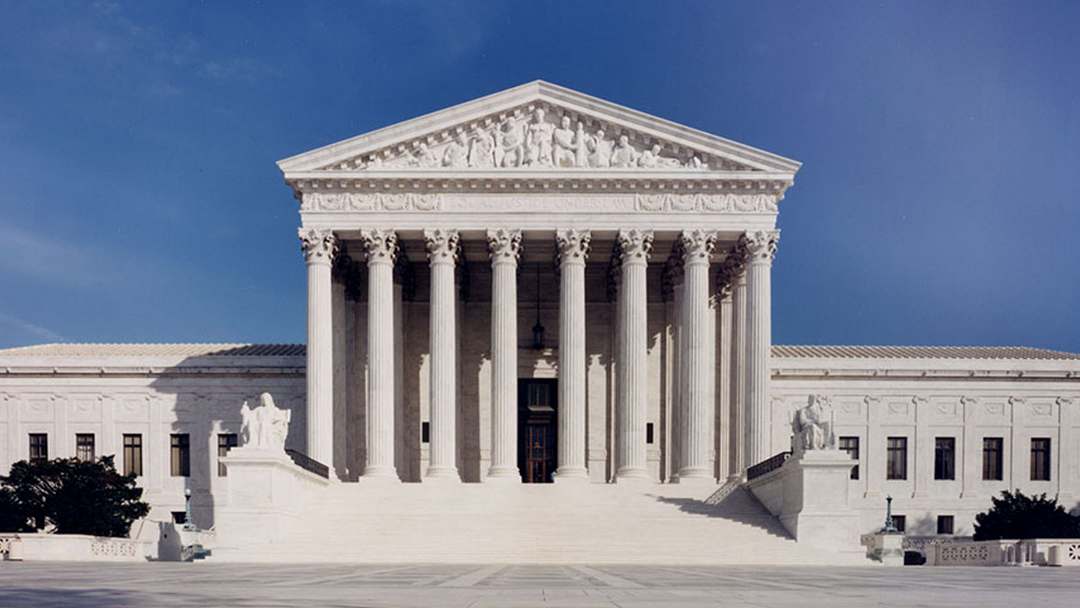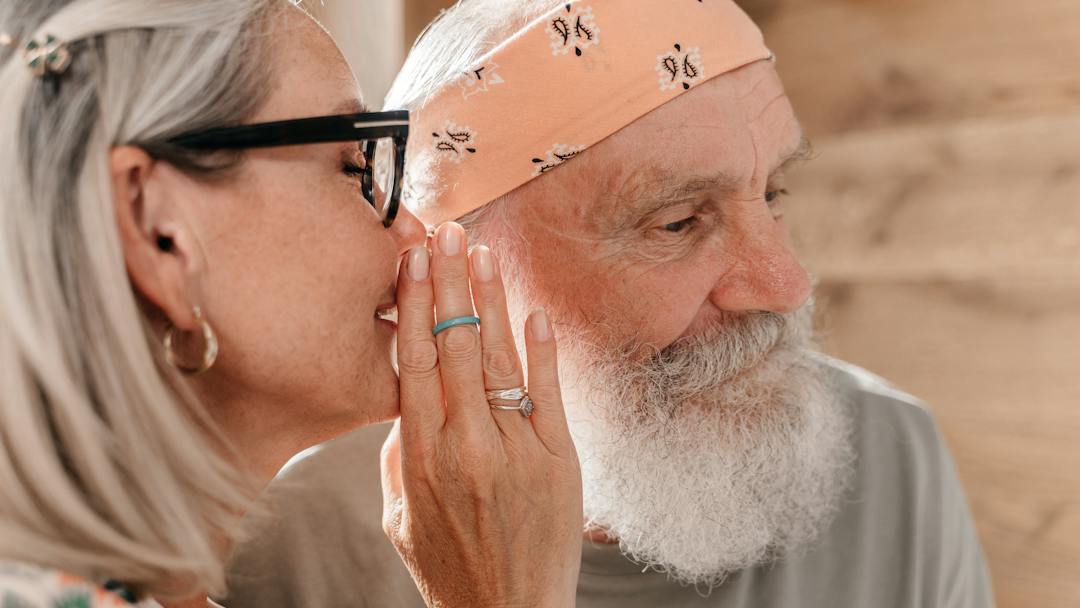Michigan Rules of Evidence 801-807 Hearsay:
In the courtroom, truth-finding is paramount. Yet, not every statement offered as evidence directly reveals the truth. Enter the realm of hearsay, statements made out of court, and the complex rules governing their admissibility. In Michigan, Rules of Evidence 801-807 serve as the gatekeepers, determining which hearsay statements can cross the threshold and be heard by the jury.
Rule 801: Hearsay and its Exceptions
The battle begins with understanding the enemy – hearsay. Rule 801 defines it as a statement:
- Made outside of court: The statement cannot be made during the current trial or hearing by the person who made it (the declarant).
- Offered to prove the truth of the matter asserted: The statement’s purpose is not just to narrate an event, but to convince the jury of the truth of the matter it describes.
However, not all out-of-court statements are hearsay. Rule 801 itself provides several exceptions:
- Present sense impressions: Statements made about an ongoing event or sensation perceived by the declarant are admissible. Imagine a witness describing a car accident as it unfolds.
- Excited utterances: Statements made under the stress of a startling event, while still fresh in the declarant’s mind, can be admitted. Think of a person’s immediate cry for help after being robbed.
- State of mind: Statements revealing the declarant’s then-existing state of mind, such as intent, belief, or emotion, are admissible. For example, a suicide note expressing the writer’s intent to end their life.
Rule 802: The General Hearsay Ban – A Wall with Cracks
While Rule 801 identifies the enemy, Rule 802 raises the barricades. It generally prohibits the admission of hearsay, recognizing the inherent danger of relying on uncross-examined statements. However, the rule isn’t a fortress—cracks exist in the form of numerous exceptions.
These exceptions fall into two broad categories:
- Unavailability of the declarant: When the declarant is unavailable to testify in court due to death, illness, or other legitimate reasons, certain hearsay statements become admissible. This includes prior statements made under oath (depositions or testimonies in other proceedings), dying declarations, and statements against interest.
- Reliability and trustworthiness: Even if the declarant is available, certain types of hearsay are admitted due to their inherent reliability and trustworthiness. These include business records, medical records, family records, public records, and certain statements about personal or family history.
Have your rights been violated?
Have your driving priviledges been revoked?
Has your professional license been suspended?
Second Amendment rights taken away?
Have you been charged with a crime?
Call our office to see if we can help
Komorn Law 248-357-2550
Rules 803-806 – A Spectrum of Exceptions
Each exception in Rules 803-806 has its own specific requirements and nuances. For instance, Rule 803(a) allows business records to be admitted if they were kept in the regular course of business and meet certain foundational requirements. Rule 803(b) permits excited utterances only if made under the immediate stress of a startling event, while Rule 803(c) allows statements against interest if the declarant would have reasonably expected the statement to harm their legal position.
These rules provide a spectrum of exceptions, balancing the need for reliable evidence with the concerns over hearsay’s inherent dangers. Navigating this spectrum requires careful consideration of the specific facts and circumstances of each case.

Rule 807: The Residual Exception – A Last Resort
Even after considering all established exceptions, some cases may still involve crucial hearsay evidence not neatly categorized. This is where Rule 807, the residual exception, steps in. It allows for the admission of hearsay that doesn’t fall under any other exception, but only if it meets four strict conditions:
- Equivalent circumstantial guarantees of trustworthiness: The statement must have indicia of reliability comparable to those of the established exceptions.
- Material fact: The statement must be relevant to a significant issue in the case.
- More probative than any other available evidence: The statement must be the best evidence available on the issue at hand.
- Serves the purposes of these rules and the interests of justice: Admitting the statement must ultimately advance the goals of fair and just adjudication.
The residual exception is a powerful tool, but its use is limited and subject to careful judicial scrutiny.
Important:
This article provides a simplified overview of the Michigan Rules of Evidence for informational purposes only. It should not be interpreted as legal advice. When facing legal matters, always consult with a qualified attorney for professional guidance.
The Michigan Rules of Evidence are subject to change over time. Always consult the latest official version for accurate information.
Here is the link to the Michigan Rules of Evidence Handbook. Check the footer for the latest update.
Related Articles
No Results Found
The page you requested could not be found. Try refining your search, or use the navigation above to locate the post.
More Posts

The Intoxilyzer 9000 (part 2)
The Intoxilyzer 9000 (part 2 of 2)Using it The Intoxilyzer is user-friendly and equipped with a built-in feature to alert officers of any potential issues. As a precautionary measure, officers are specifically advised to switch off their portable radios prior to...

Our Kids are Dying of Drug Overdoses
THE KIDS AREN’T ALRIGHT, THEY’RE DYING OF DRUG OVERDOSESFrom May 2022 to May 2023, the Centers for Disease Control and Prevention reported an alarming 37 percent increase in American lives lost due to overdoses, totaling over 112,000 fatalities. This staggering surge...

How DUI Charges Impact Your Child’s Future
In Michigan driving is considered a privilege. with this privilege comes immense responsibility, especially when it comes to driving under the influence (DUI) as well as other responsibilities. The consequences of youth DUI extend far beyond the immediate legal...

Rescheduling Marijuana Would Be a Threat to Public Health
Kevin Sabet of Smart Approaches to Marijuana says policy makers need to learn from their mistakes with hemp when considering marijuana rescheduling. It’s rare for policymakers to get a preview of the consequences of pending policies, but the descheduling of...

Meet MiChap
Climate and Health Adaptation ProgramYou must save yourself from yourself.Meet MICHAPOur Vision: Michigan's public health system fosters equitable health and wellbeing as it adapts to the current and future impacts of climate change. Our Mission: The Michigan Climate...

Feds discover new methods to distinguish hemp and marijuana to assist crime labs
Federally funded researchers have uncovered two methods to divide and diversify the difference between hemp and cannabis to assist to crime labs. Because Cannabis is still a crime and Hemp is not...The Controlled Substance Act of 1970 classified the plant cannabis,...

Laws passed by Michigan lawmakers in 2023 will take effect
Several new laws passed by Michigan lawmakers in 2023 will take effect on Tuesday, Feb 13, 2023Making use of the first combined Democratic majority in the state House, Senate, and governor's seat in decades, legislators have the numbers and have successfully approved...

Legal Consequences of Rescheduling Marijuana – 2024
Legal Consequences of Rescheduling Marijuana Jan 2024 a report from the Congressional Research Service.

Scientists Discover The Reason Cannabis Causes The Munchies
For the first time, scientists have uncovered the precise neurological impacts of cannabis use that give rise to the phenomenon famously referred to as the "munchies," as revealed by an innovative study backed by federal funds. Researchers at Washington State...

Maker of CBD products asks court to decide
The Petitions of the Week column highlights a selection of cert petitions recently filed in the Supreme Court. A list of all petitions we’re watching is available here. Organized crime, from the mafia to small-time money laundering schemes, often evades criminal...








